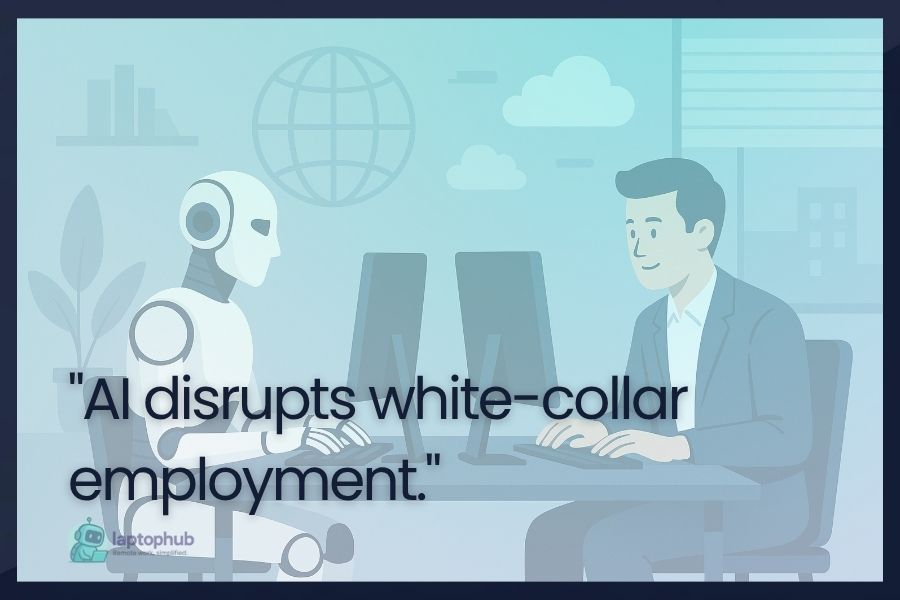Artificial intelligence is increasingly being adopted by companies to automate tasks traditionally performed by human workers. This shift is particularly evident in white-collar professions, where roles such as database administrators, IT specialists, and data engineers are experiencing a notable decrease in demand.
According to a report by Business Insider, firms like Shopify and Duolingo have implemented policies requiring managers to justify hiring humans over AI solutions. Data from Revelio Labs indicates a 19% decline in job postings for positions susceptible to AI automation. While some companies, such as Klarna, initially reduced human hiring due to AI efficiency, they later reversed course after encountering quality issues, though further workforce reductions are still anticipated.
Freelancers and remote workers face new challenges
The rise of AI is also impacting the freelance and remote work sectors. Platforms like Upwork have reported a decline in job postings and earnings for freelance writers and related professions. As AI tools become more capable of handling tasks like content creation and data analysis, the demand for human freelancers in these areas is diminishing.
This trend poses challenges for remote workers who have benefited from the flexibility and opportunities provided by the gig economy. The integration of AI into various industries necessitates a reevaluation of skill sets and adaptability among freelancers to remain competitive in the evolving job market.
Companies reassess AI adoption strategies
While AI offers efficiency and cost-saving benefits, some companies are reconsidering the extent of its implementation. Instances of reduced quality and the loss of human touch in services have led to a reevaluation of AI’s role in the workplace. Businesses are now seeking a balance between leveraging AI capabilities and maintaining the value provided by human employees.
This reassessment underscores the importance of strategic AI integration that complements human work rather than replacing it entirely. Companies are encouraged to develop policies that consider the implications of AI on employment and to invest in training programs that equip employees with skills to work alongside AI technologies.
Read our editorial guidelines to learn how we report news on LaptopHub.





